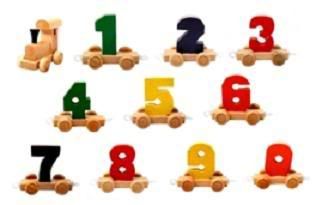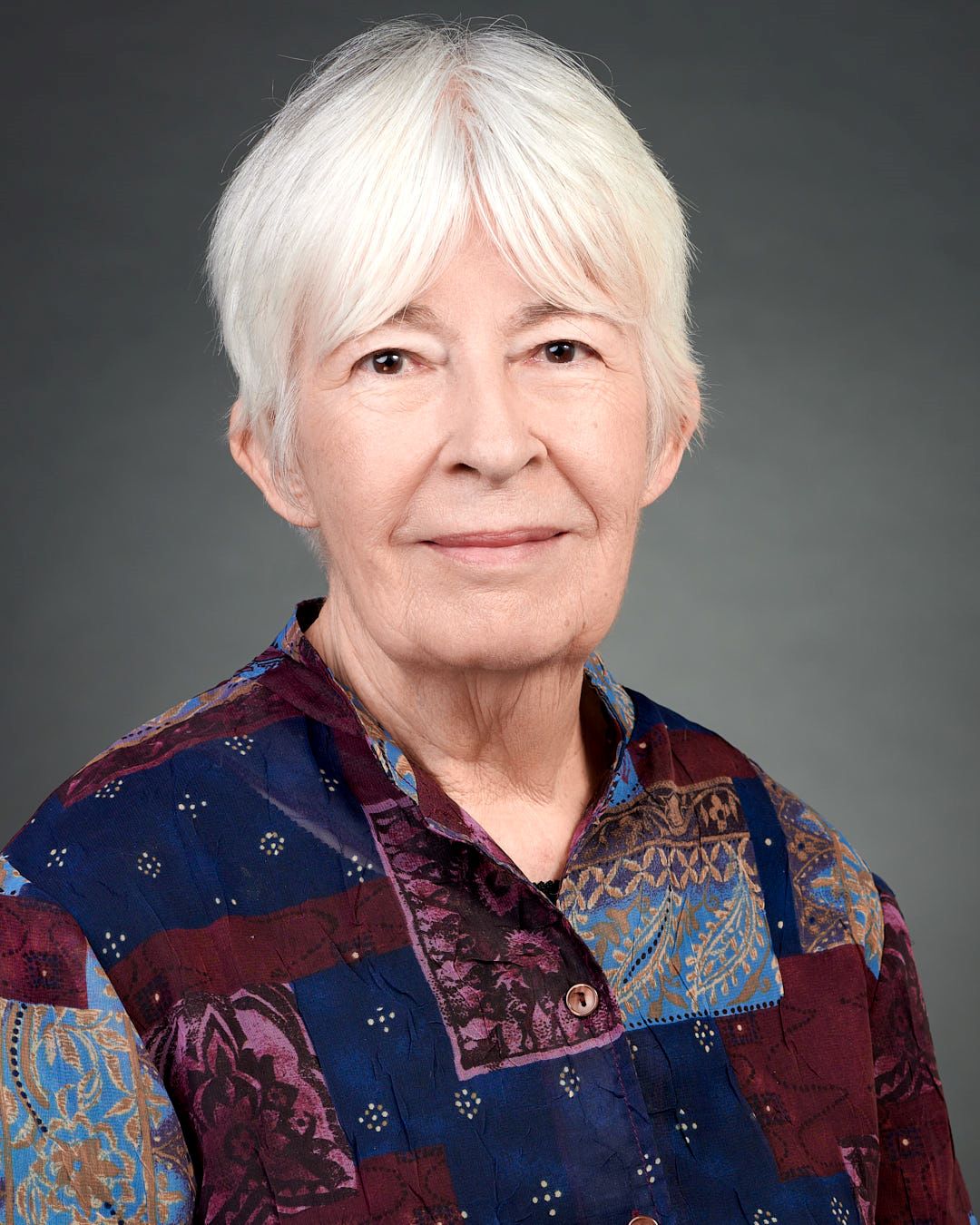Writing by Numbers
By Juliet Marillier | June 5, 2008 |
 These days I’m generally able to sell a novel on the basis of a proposal, which means I’ve got into a nice steady pattern of putting forward an idea for a new project, signing a contract, and writing a book. But I remain aware that it only takes one book to fail commercially and the future becomes a whole lot less secure.
These days I’m generally able to sell a novel on the basis of a proposal, which means I’ve got into a nice steady pattern of putting forward an idea for a new project, signing a contract, and writing a book. But I remain aware that it only takes one book to fail commercially and the future becomes a whole lot less secure.
What if I get a great idea, something I feel passionate about writing, and my agent and publishers don’t believe it will be successful? Can I tweak my project to make it more saleable without compromising my artistic vision? These questions go to the heart of what we do as novelists. Are we telling the stories we deeply believe in, or are we creating a product to satisfy a particular market? If we’re lucky, it may be possible to do both within one project. Or we may be blessed with a particularly understanding publisher, whose faith in us means we get a fair degree of creative freedom.
I was jolted into thinking about all this when reading Cynthia Ward’s regular Market Report column in a recent issue of the quarterly Bulletin of SFWA. Cynthia Ward also produces the Market Maven newsletter, available on subscription. In both forums Cynthia quoted submission requirements from some editors of fantasy and fantasy-romance. Here are two examples:
“Liz Scheier acquires contemporary and urban fantasy, paranormal romance, and some SF/F for Del Rey Books. She would like to see more ‘genuinely funny books’, especially funny urban fantasy. She also likes dark paranormal stories. She’s not interested in vampires or werewolves and doesn’t want ‘dying priests writing in blood, and no characters I hate from the beginning of the book.’ She works primarily with agented authors.”
“[Editor Heather Osborn from Tor Romance] is a huge fan of paranormal romance in general. She likes ‘kick-butt’ heroines – intelligent heroines. She doesn’t want heroines put in jeopardy solely for the convenience of the plot. Heroines should be capable of rescuing themselves … She’s looking for plot-heavy, action driven romantic suspense. Heather would like to see urban fantasy with a lot of romance in it. She is open to time travel stories, but there needs to be an ongoing paranormal theme within the time travel, if the characters are travelling into the past. Time travel alone is not enough. However, if the characters are travelling into the future, they would be interested in that as a futuristic. Heather likes humour, but she’s very picky about it. She prefers snark and sarcasm over slapstick or anything campy.”
Am I alone in thinking these requirements might stifle creativity just a little? And is anyone still writing heroines who can’t solve their own problems? Trawling around further, I found these guidelines for LUNA (note, these are the general guidelines from their website rather than the preferences of one particular editor, so inevitably they’re broader than those quoted above):
LUNA Books delivers a compelling, female-focused fantasy with vivid characters, rich worlds, strong, sympathetic women and romantic subplots.
LUNA Books wants emotionally complex, sweeping stories that highlight the inner female power. Whether the heroine is on a quest to save the world — or someone or something important to her — discover her past or develop her own abilities, these stories are involving, gripping and sweep the reader away into a detailed, convincing world. They also contain romantic subplots that enhance the main story but don’t become the focus of the novel.
Food for thought. I wonder if a predominantly romance publisher like Harlequin (to which the LUNA line belongs) will tend to be more liberal towards new writers than a publishing house whose main emphasis is speculative fiction. Maybe the more open approach goes hand in hand with romance writers’ well-known sense of artistic community? As for over-prescriptive guidelines, surely they must lead to a ‘sameishness’ in the resulting novels. Am I naïve in hoping there’s still a place for complete surprises in new fantasy-romance?
I suppose individual editors such as those quoted above get inundated with crap submissions when they open the doors to unagented work, so they do need to make their requirements very precise.
Let us know your experiences with this particular minefield, which is not exclusive to romance, fantasy or a combination of the two. Which comes first, the guidelines or the book? Have you ever tailored a novel especially to meet a particular publisher’s or editor’s guidelines? Were you artistically satisfied with the result? Did you sell the book?
Photo © Teslenko Piotr of Dreamstime.com










I’ve seen changing tastes in editors (or market) kill people’s careers. They’d been writing fairly successfully in their genre, then there’s a shift. If they can’t adapt, they’re out.
In romance in particular, it seems like markets get glutted by the flavors of the month/year (like vampires in paranormal, for example) by cautious editors until readers can’t take it anymore. THEN they start looking at other types of stories.
It’s discouraging, fer sure.
Am I naïve in hoping there’s still a place for complete surprises in new fantasy-romance?
Maybe it’s just me and my growing skepticism about such things, but it seems a lot of agents and editors say they want “fresh, unique fiction,” and then shy away from it when they’re unsure it’ll sell in the marketplace. My guess is, because of reliance on a loyal fanbase, there’s a lot more leeway for tried-and-true authors than there is for newbies. Unfortunately for the newbies.
Thanks for the thinking post, Juliet!
> Am I alone in thinking these requirements
> might stifle creativity
Damn. Who needs an author, Heather might as well just write the book herself. Disintermediation!
Strictures such as these are certainly limiting to the writer – but OTOH it would be great to see a set of requirements that exactly fitted what I’m writing!
The main reason the majority of readers prefer heroines that save themselves from peril over the helpless damsel in distress is because of the growing numbers of female readers that hold strongly to feminism and it has taken root in the heart of their world view therefore they demand freedom from the sense that they need protecting or rescuing, they’d rather do it on their own, glorifying the female race or at least equalizing males and females or so they think. The heroines will still always have that one weakness, that one stumbling block on their stairway to glory, those creatures with eyes of sensual intensity, strong towers of mindless escape and welcoming warmth, men.
Maureen, that made me smile!
I’ve been accused of doing the opposite of the ‘damsel in distress’ story and always creating damaged, troubled men who are rescued from themselves by courageous and grounded women. As a reader, I am happy with stories that depict believable characters of either gender, complete with flaws.
And actually, I wonder if men quite like rescuing women from peril, or reading about men doing so.
If you see yourself as a franchise-builder then you proactively take on a lot of these problems yourself or make them irrelevant through things like uniqueness of character, world, etc.
Basically if you’re building your own marketing hooks in as you develop your story and write it, you’re helping the publisher (movie studio, whatever) do their job more effectively, which makes it easier to not only pitch/sell but also follow through on that and get the kind of support you need when it’s time to put the product on the shelf.
As writers were are more or less business entrepreneurs — our business is fiction and we’re trying to sell the products of our creative work.
I don’t think you have to worry about “shifting” markets if you aggressively build media franchises. Raiders of the Lost Ark is just as cool now as it was in 1981. Unfortunately, I don’t think Crystal Skull will hold up as well because they deviated too far from the template.
But that’s another topic. ;)